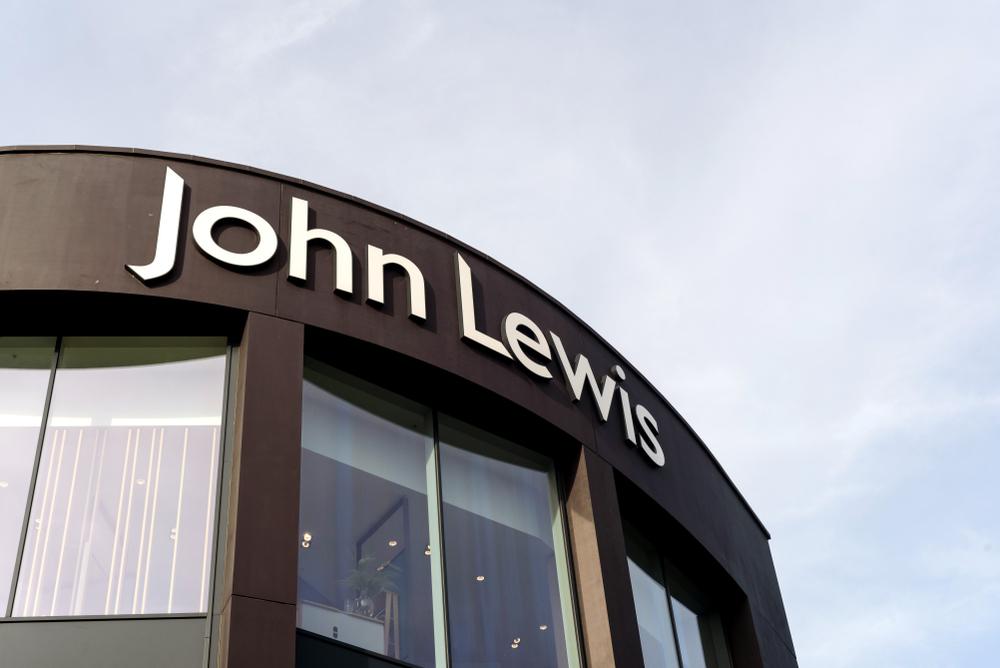The John Lewis Partnership said on Tuesday that its short term trading has been “significantly affected” by the COVID-19 crisis.
As the outbreak of the illness continues to spread in the UK, the government has introduced stricter lockdown measures, closing all non-essential shops.
Sales at John Lewis have declined by 17% year-on-year since the middle of March, and have dropped by 7% year-on-year since 26 January.
As all of its stores are shut, online sales at John Lewis have risen by 84% since the middle of March, with high demand for products related to working and living at home.
However, the John Lewis Partnership said that this has not been enough to offset the loss made by the closure of its stores.
Meanwhile, Waitrose has seen sales grow by 8% since 26 January and cupboard essentials have been particularly popular.
“Our short term trading has though been significantly affected, principally because of the closure of all 50 John Lewis branches,” Chairman Sharon White told partners in a statement.
“John Lewis online remains open – providing essential goods and services to enable customers to live well at home – and online sales are substantially up on last year. But it has not been enough to offset the loss of shop trade. Demand at Waitrose has risen sharply but operating costs have increased too, especially as we have expanded online delivery,” the Chairman continued.
The retailer added that, given the uncertainty surrounding the duration of the COVID-19 crisis, its full year performance is difficult to predict.
Looking ahead, the John Lewis Partnership warned that the worst case scenario for the full year involves sales at John Lewis declining by 35%, with Waitrose seeing a decline of less than 5%.
The British government introduced stricter lockdown measures at the end of last month in order to help contain the spread of the illness. Many fear the economic implications of these measures, as non-essential stores have been closed.

